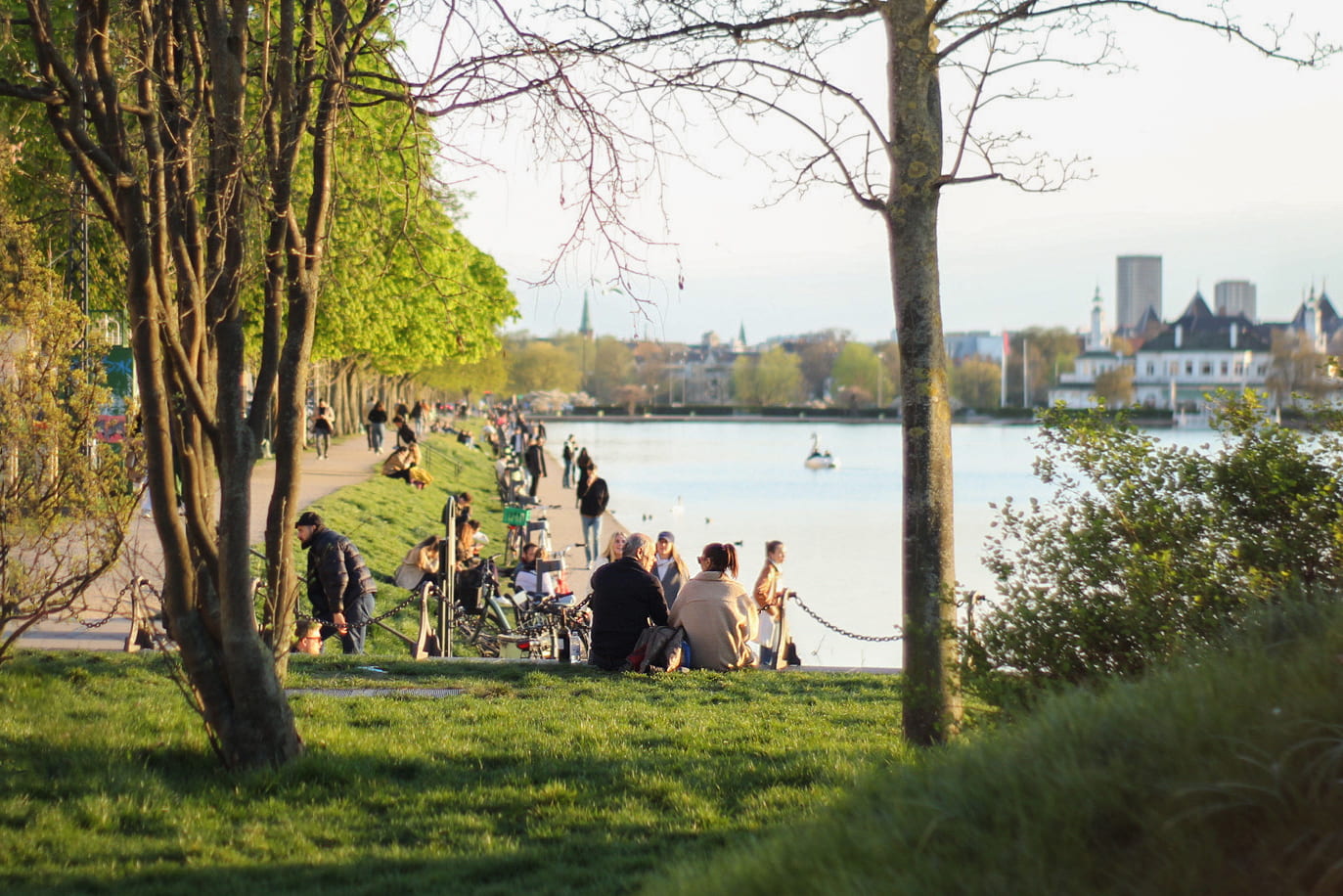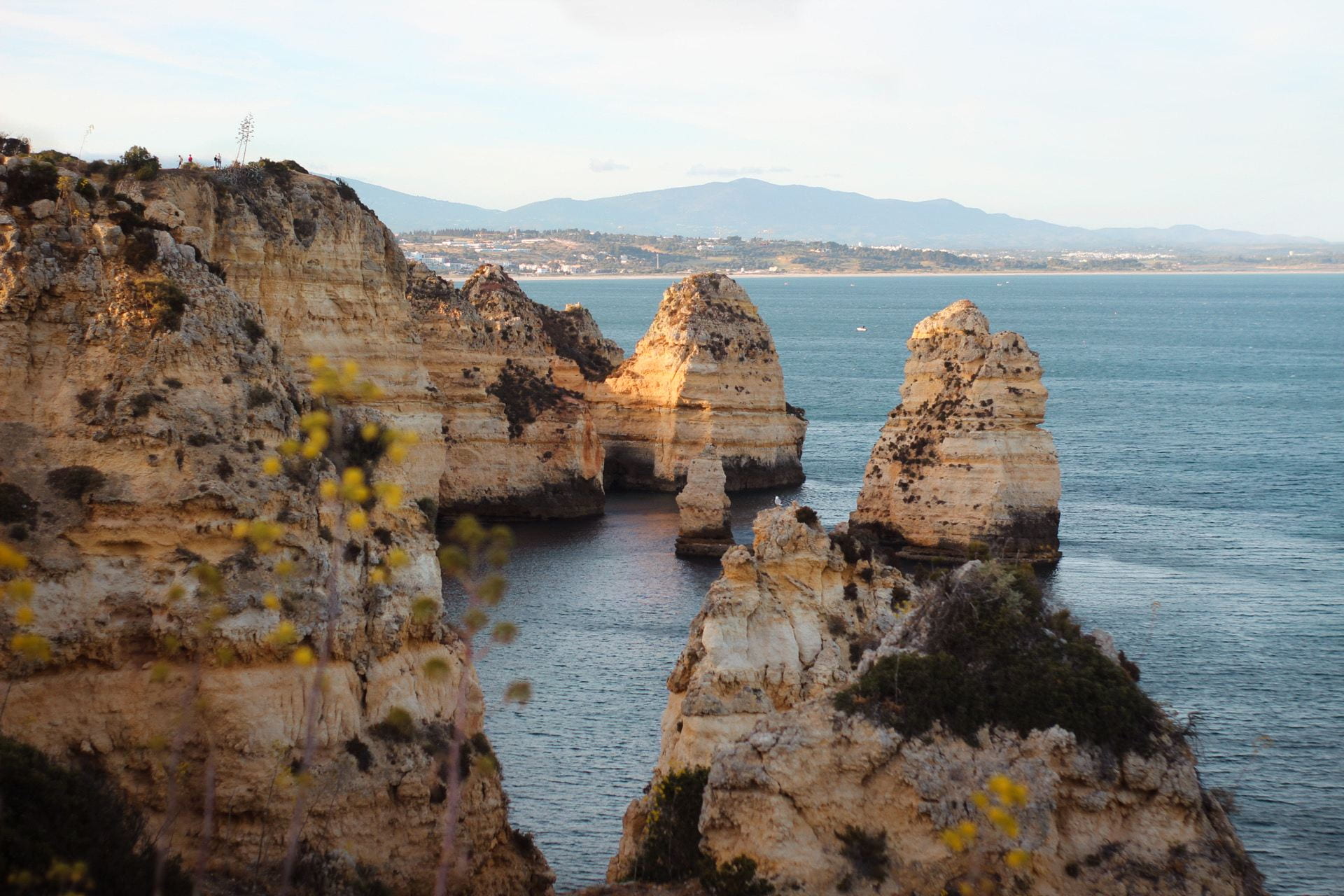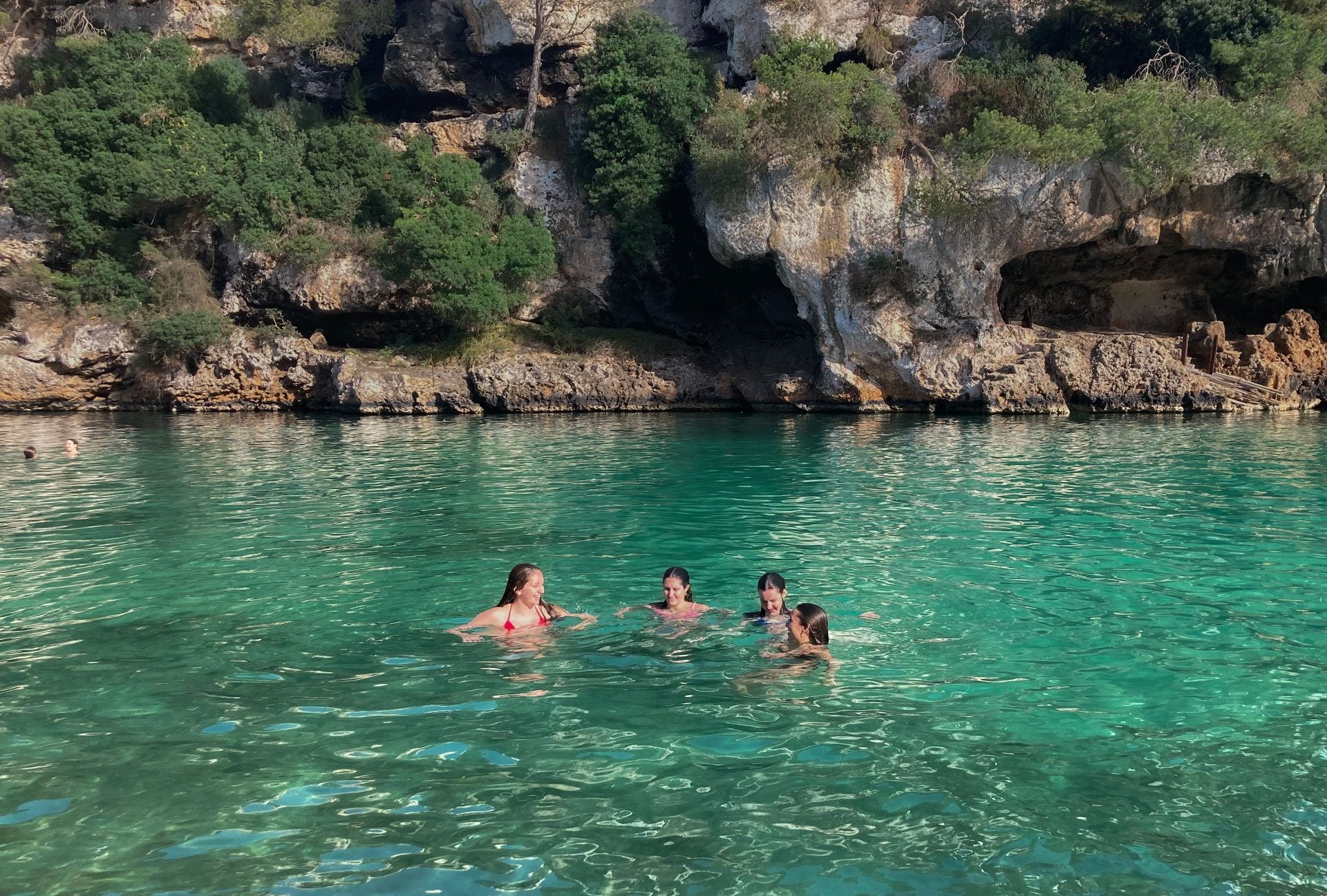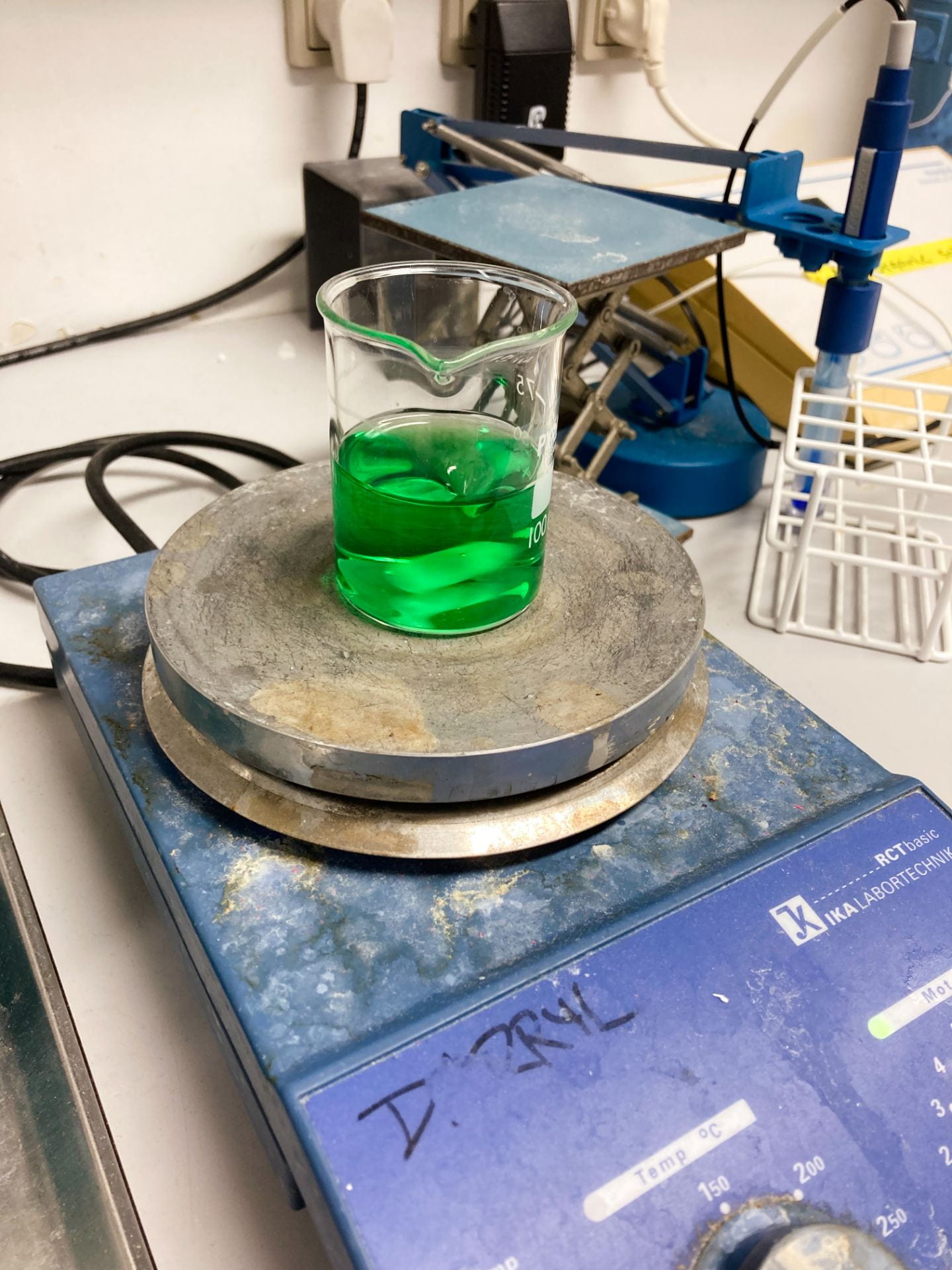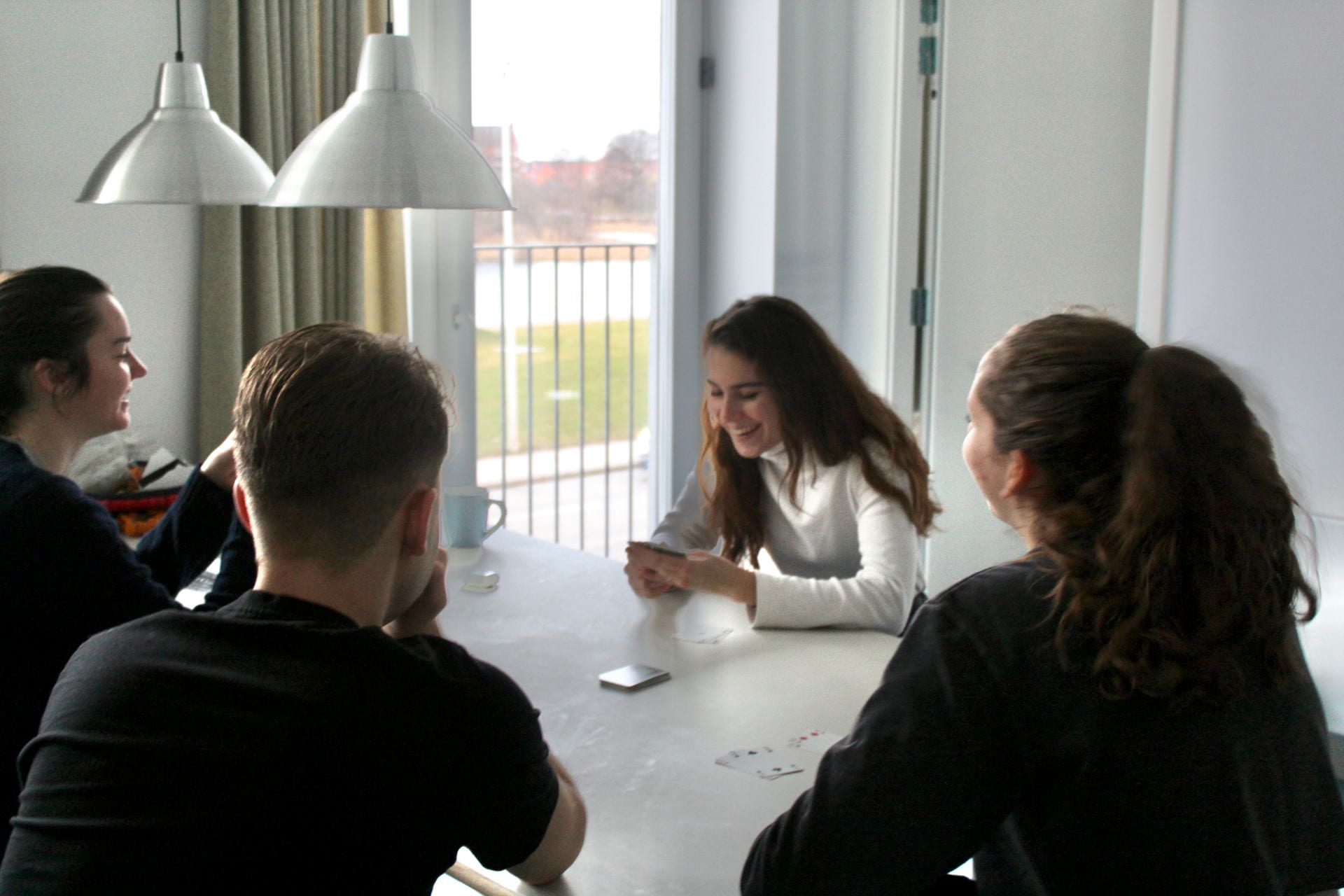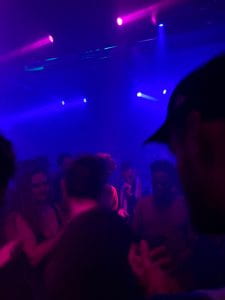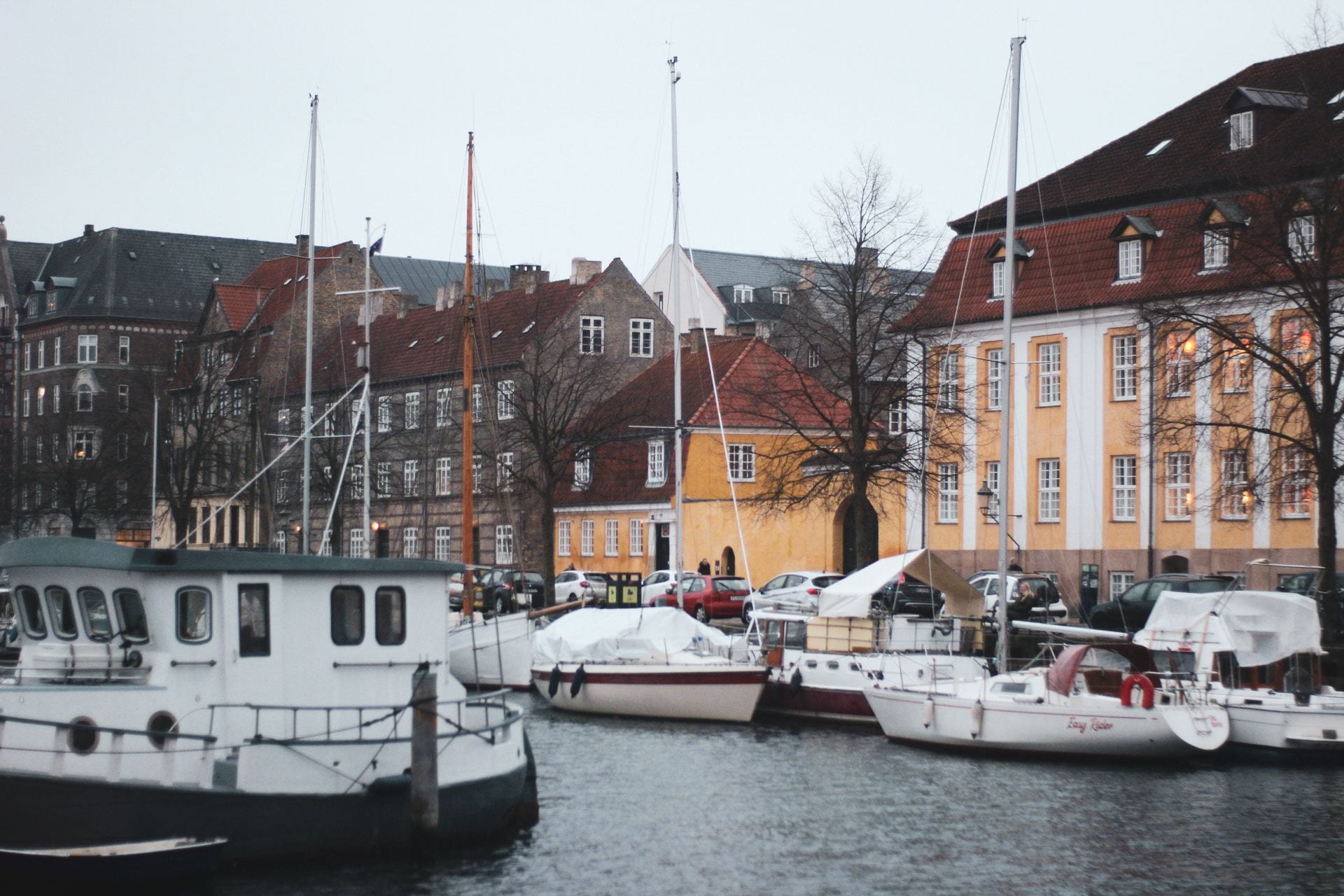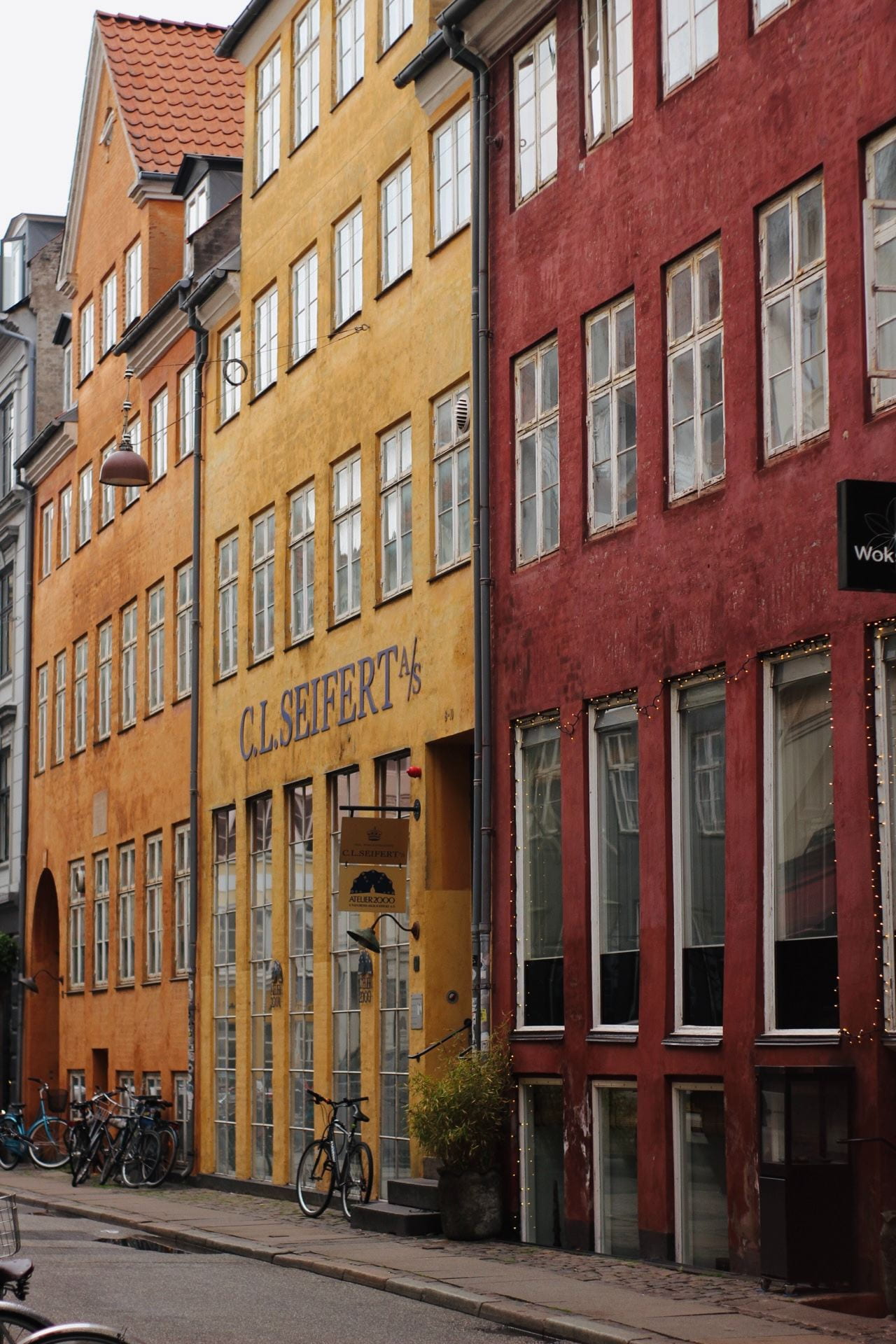
Tomorrow, I finally fly home to the United States, after almost five months of living in Europe. I almost can not believe that the semester has ended, and I will be back in my old home, living my “old” life, which is soon to be my current life once again. It is a very strange feeling, and while traveling (which is what I have been doing for the past month) is very tiring and it will be nice to finally have a break, the feeling of leaving Europe for who-knows how long, leaving the life I was living here, full of new places, new people, and new experiences, is, for lack of a better word, heartbreaking.
It will be hard to explain this semester, and all that it was comprised of, to the people back home. I’ll say that I went to class, worked at Københavns Universitet, lived with two Danes and two Americans in a Kollegium, traveled to Italy, Germany, Norway, Scotland, Spain, Portugal, and enjoyed every minute far more than I ever believed I would when my plane landed at Copenhagen airport on that cloudy, cold day so long ago.
However, this doesn’t even begin to encompass what made these few months so extraordinary. In reality, it is all the little moments, the bike rides to school surrounded by other bikers, the conversations with random Danes about American culture, the times spent laughing with my Danish housemates when they misuse an English word or I butcher Danish pronunciation. It is hard to explain all the little moments that add up to create the love that I have for Copenhagen. However, I want to try, so here are some of the things I will miss most when I leave tomorrow.
I will miss the beautiful historic buildings, which make the city feel so small and cozy, despite its size. I will miss always being close to the water, crisscrossing canals every day on my trips around the city. I will miss the sense of freedom that comes with fast and reliable public transportation, opening up so many possibilities to get anywhere I want to go at any time.

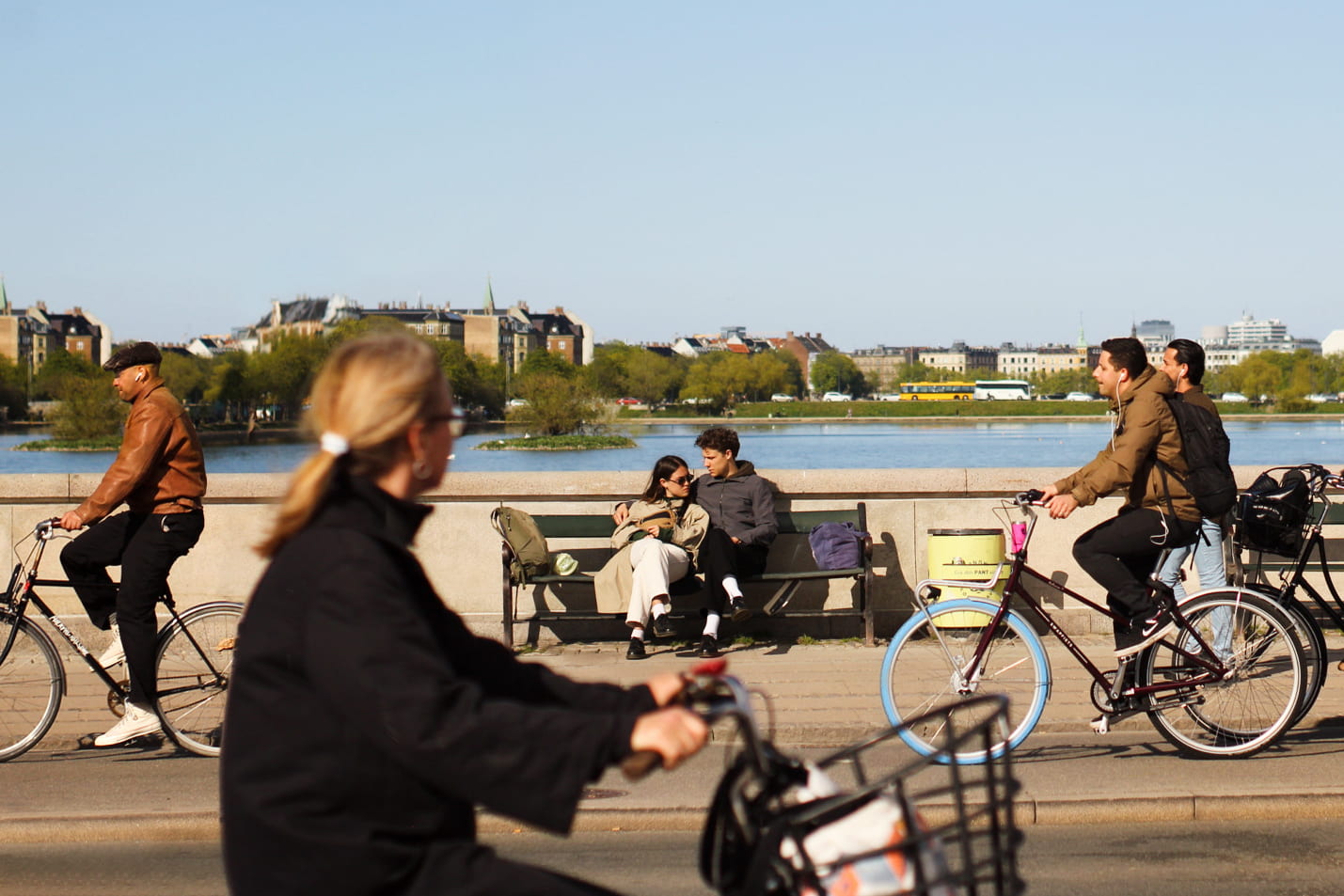
I will miss seeing the men and women dressed in their elegant and stylish fashion while biking to work every day. I will miss feeling safe and content walking around at night, even when I am alone. I will miss the beautiful parks that fill the city with lush greenery in the summer. I will miss seeing such strong bonds that my Danish roommates have with their family as well as their friends who they have known since ten years old. I will miss the overall sense of well-being that seems to permeate every part of the city, from the laughing children running around the streets to the couples sitting and enjoying the fresh air together on the riverbanks as the sun sets.
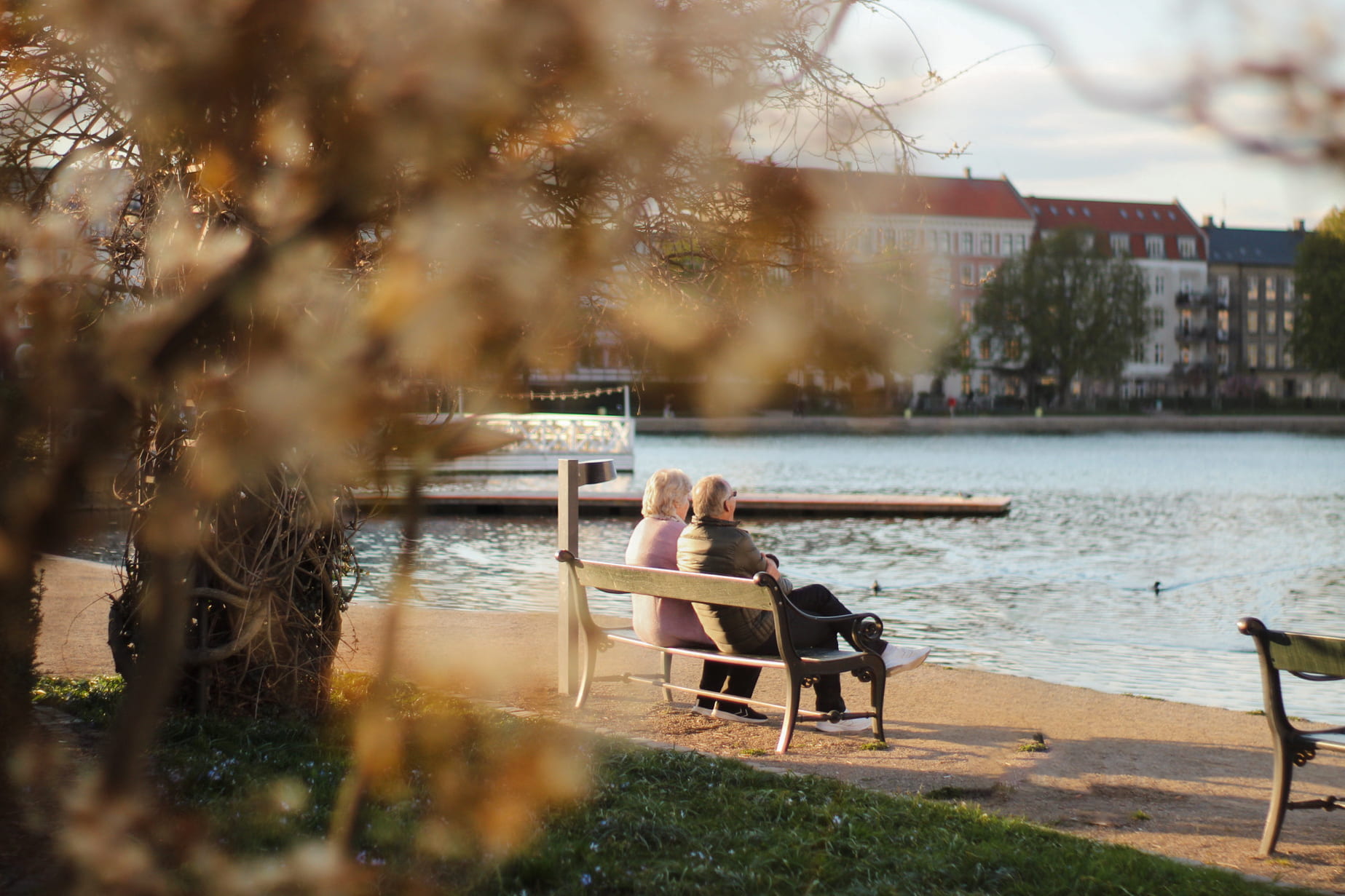

I am not sure yet if it is in the cards for me to move back to live in Copenhagen at some later point in my life, but I really hope that it is because it is such a special city and one that I will forever keep thinking of coming back to.


